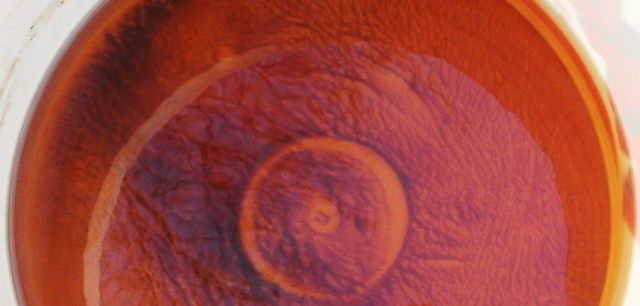Fjergus
New member
- Joined
- Dec 5, 2014
- Location
- Seattle-ish
My fuel pump is making a very unhappy squealing, grinding noise. I noticed it today in the drive through at Taco Bell. I'm wondering if it's the pump itself, or if it's a clogged filter or the pump relay doing something strange. Anyone else noticed horrible noises coming from their pump? What was the deal?
I replaced the sender pump a year or so ago, so I'm pretty sure that's not it. I'll check it tomorrow when I'm less buzzed. Haha
I replaced the sender pump a year or so ago, so I'm pretty sure that's not it. I'll check it tomorrow when I'm less buzzed. Haha


